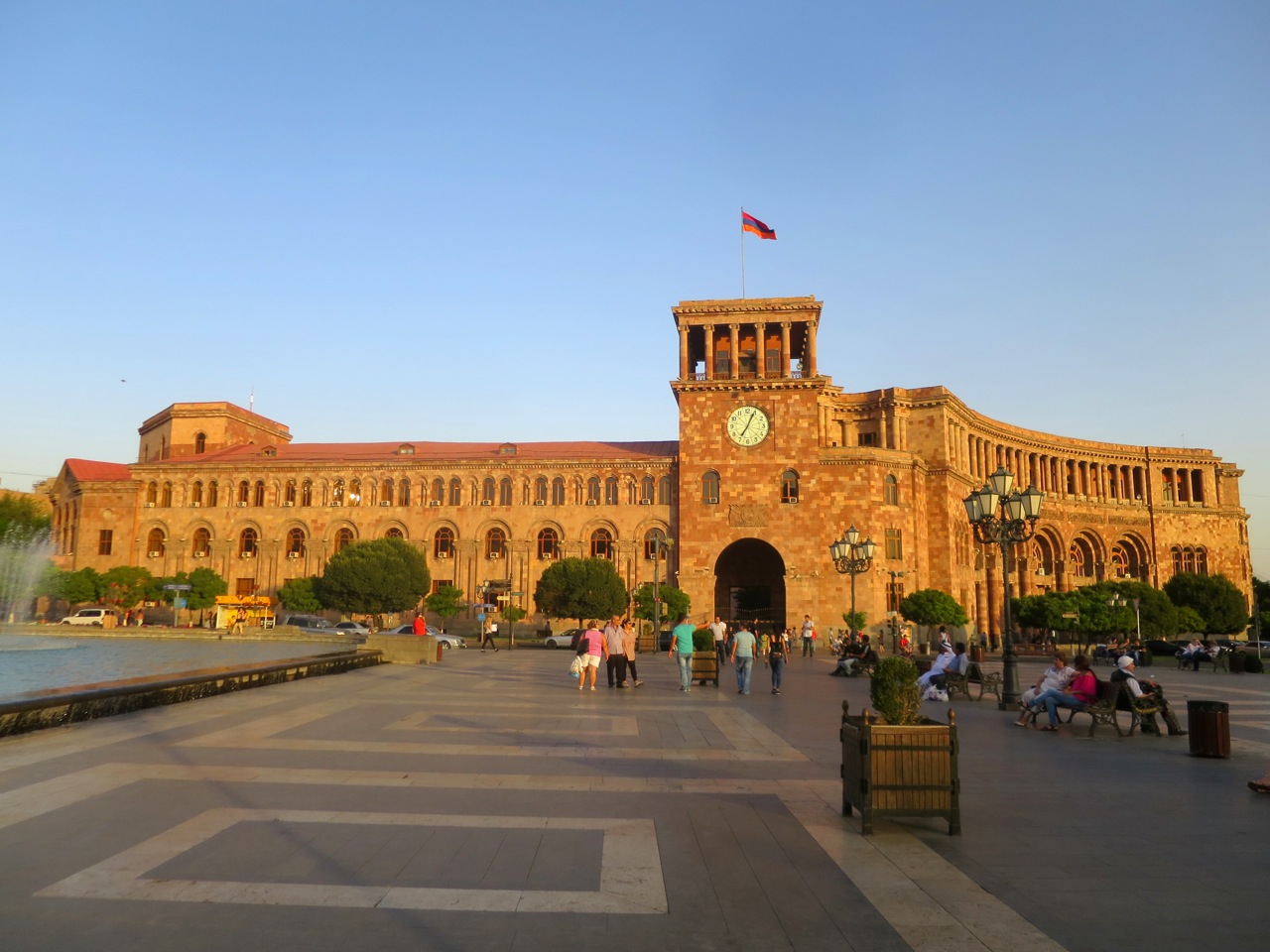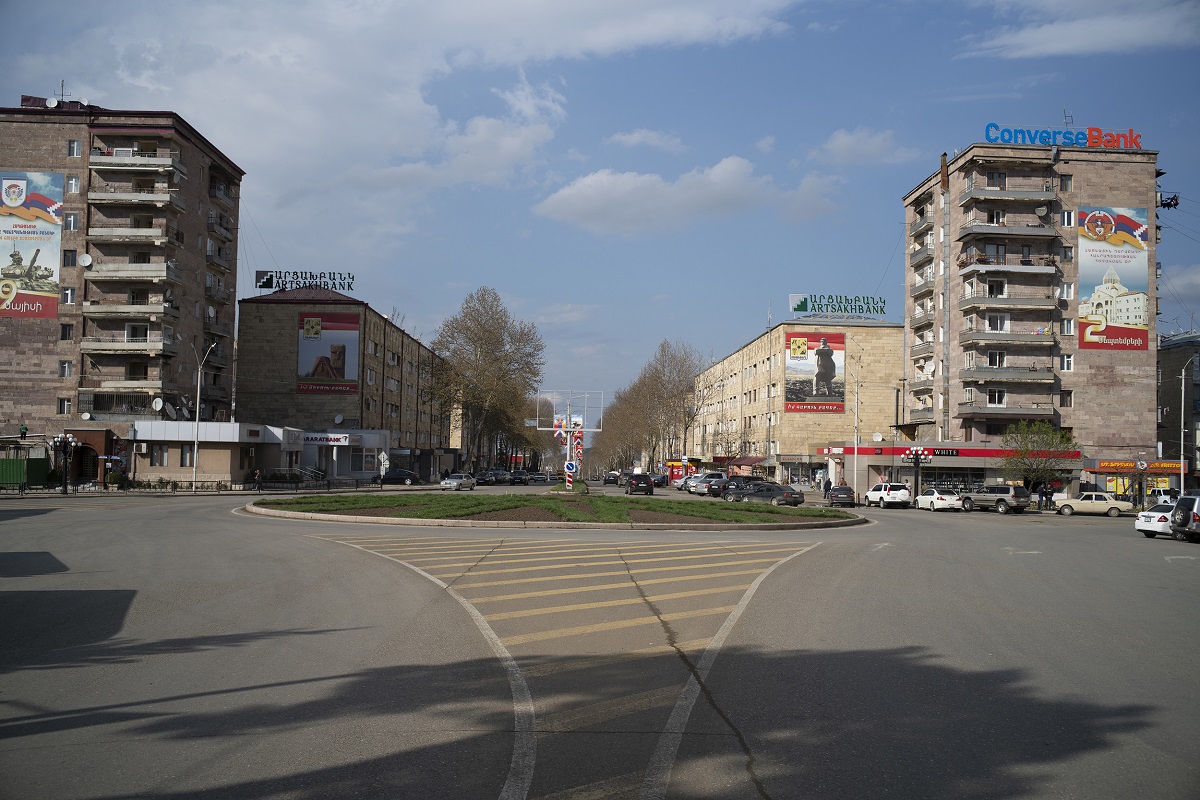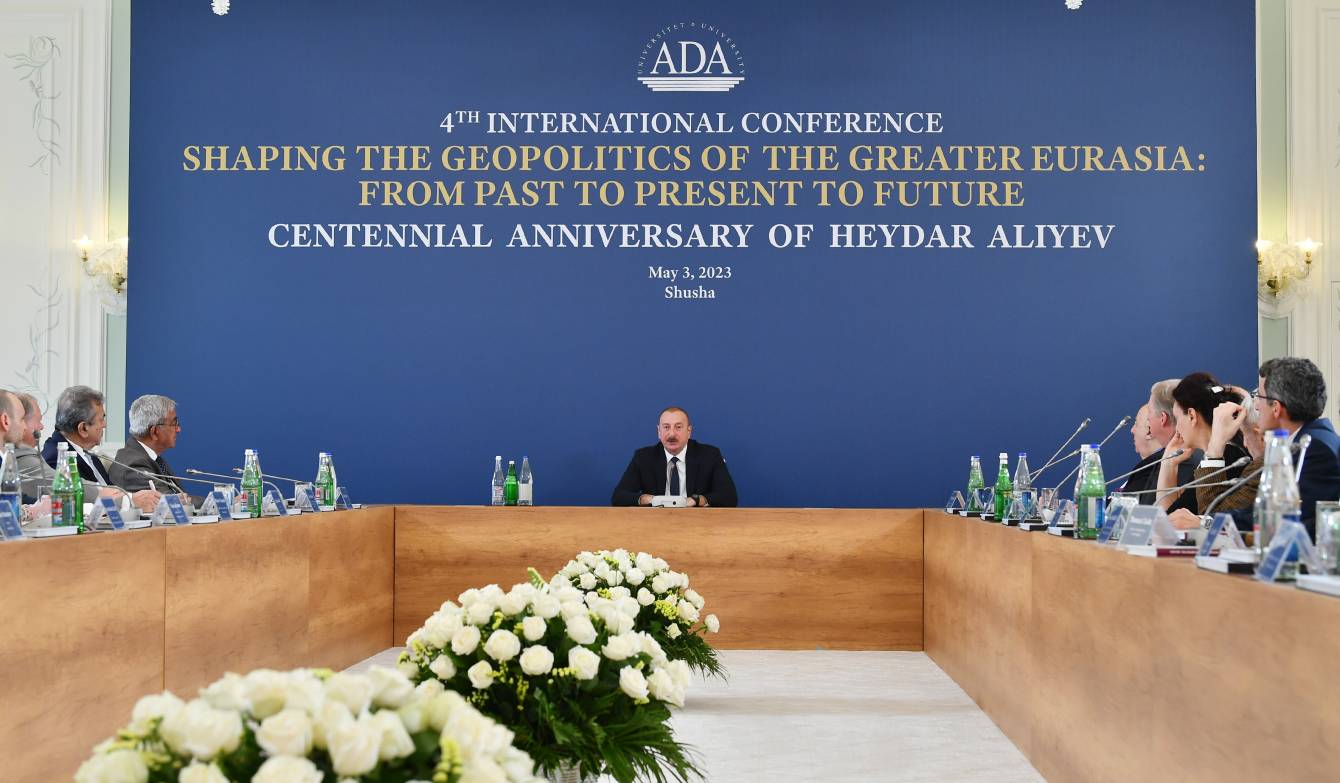Pashinyan interrupts Putin: what was his objection? Analyst comments
Pashinyan interrupts Putin
Yerevan is discussing the visit of the Prime Minister of Armenia to Moscow, in particular the moment when Nikol Pashinyan interrupted the President of Russia during the extended meeting of the EAEU to react to the speech of Ilham Aliyev.
The President of Azerbaijan talked about the “Zangezur corridor” through the territory of Armenia. Pashinyan has repeatedly said that Armenia is ready to unblock regional transport and provide roads for Azerbaijan to connect with its Nakhchivan exclave, but not a “corridor”. The Armenian authorities emphasize that this term means the loss of sovereign control over this territory, and this is unacceptable for them. And in Moscow, again, the Armenian prime minister considered it necessary to reiterate that in the statement of November 9, 2020, signed by him, Putin and Aliyev, only one corridor is indicated — Lachin.
Does Russia support the “Zangezur corridor”?
The President of Azerbaijan took part in the meeting of the Eurasian Supreme Economic Council as a guest invited by Putin. Aliyev once again used the term “Zangezur corridor”, which, in his own words, he himself “introduced into the geopolitical lexicon.” This time he said that Russia also supports this idea.
“It is very interesting to know that Russia supports the project that you spoke about. To be honest, this is the first time I hear about it. I know that Russia supports the opening of all transport and economic communications in our region,” Pashinyan said in response to Aliyev.
According to Pashinyan, in recent years Baku has been using the term “Zangezur corridor” precisely “to present territorial claims against Armenia.”
At the same time, Pashinyan confirmed that Armenia is ready to unblock regional transport, but “within the framework of the sovereignty and jurisdiction of the countries through which they pass.”
Political scientist Stepan Grigoryan
“Armenia agrees to restore the railway to connect Azerbaijan with Nakhichevan, and is ready to provide roads as well. But they should not be extraterritorial. This is a red line for Armenia, and rightly so. Yerevan intends to control its roads and agrees to Azerbaijan’s control of its roads, which it will provide to Armenia.
The problem is that the extraterritorial corridor is demanded not only by Azerbaijan, but also by Russia. She wants the FSB of the Russian Federation to control the “corridor” in the absence of the Armenian side.
Russia needs this corridor for the sake of increasing its influence in the region, and for the sake of economic benefits. The Armenian interest is simple – not to lose their territories and the border with Iran.”
The problem is that not only Azerbaijan, but also Russia is demanding an extraterritorial corridor. He wants the FSB of the Russian Federation to control the “corridor” without the participation of the Armenian side. Russia announces this officially. In August 2022, the Russian Federation sent an official letter to Yerevan, in which it proposed to build a fence along the entire border, leave the Meghri railway under its protectorate, pushing Armenia out of this zone. The Armenian government refused.
“The Lachin corridor is illegally blocked by Azerbaijan”
Prime Minister Pashinyan emphasized that the November 9, 2020 statement refers to only one “corridor” and that is the Lachin corridor.
“But, unfortunately, in the presence of Russian peacekeepers, Azerbaijan illegally blocked this corridor.”
According to the tripartite statement, the Lachin corridor should provide a link between Nagorno-Karabakh and Armenia. Last December, Azerbaijanis who call themselves environmental activists blocked the road under the pretext of protecting the environment. Then, in April 2023, Baku set up a checkpoint. The Azerbaijani side, including at the presidential level, insists that the corridor is not blocked.
Pashinyan stated that the establishment of a checkpoint in the corridor is a direct violation of the agreements reached back in 2020:
“According to the tripartite statement that the three of us signed, it should be under the control of the Russian peacekeeping forces. That is, no one else in this corridor should have any control, because, according to the document, except for Russian peacekeepers, no one should have control.”
Political commentator Naira Hayrumyan
“The installation of the checkpoint is Baku’s unconvincing response to Armenia’s refusal to grant an extraterritorial regime to the Zangezur corridor. The construction of an Armenian customs house in Margara on the Armenian-Turkish border and an Armenian checkpoint near the village of Teh [on the border with Azerbaijan] indicate that Armenia does not intend to provide an extraterritorial corridor.
Azerbaijani official statements indicate that the checkpoint was established in agreement with the Russian contingent. Baku emphasizes this, wittingly or unwittingly provoking the dissatisfaction of the Armenian side with Russia’s intermediary monopoly.
The absence of steps on the part of Moscow to unblock the corridor should lead to the next step of the Armenian parties – an appeal to the UN and other international bodies demanding the deployment of multinational peacekeeping troops.
About dialogue between Baku and NK Armenians
During the Moscow meeting, the Prime Minister of Armenia stated that on the basis of mutual recognition of the territorial integrity of each other with Azerbaijan, the parties “are moving towards the settlement of relations.”
In this context, Pashinyan again stressed the need to ensure the rights and security of Karabakh Armenians within the framework of an international mechanism:
“I hope that a normal constructive dialogue between Baku and Stepanakert will begin soon.”
Political observer Hakob Badalyan
“Stepanakert-Baku contacts are important from the point of view of solving current problems. But it is very important that they do not become a political trap for Stepanakert. A situation may arise when major players think: “The environment for contacts has already been established, so any issues can be resolved.” This will distort the situation and remove the problem of self-determination from the agenda. There is such a danger. It is clear that the main problem for Artsakh is to strengthen the recognition of the right to self-determination at the international level. Stepanakert should keep this issue on the agenda, including in the center of international attention.
If you succumb to manipulation, it will end up in the narrative that Baku is trying to promote, namely: “My citizens live in NK, this is my problem, I communicate with them, no one should interfere.” This could become a trap. And Stepanakert must skillfully maneuver along this thin line.”
Follow us – Twitter | Facebook | Instagram
Pashinyan interrupted Putin’s speech





















